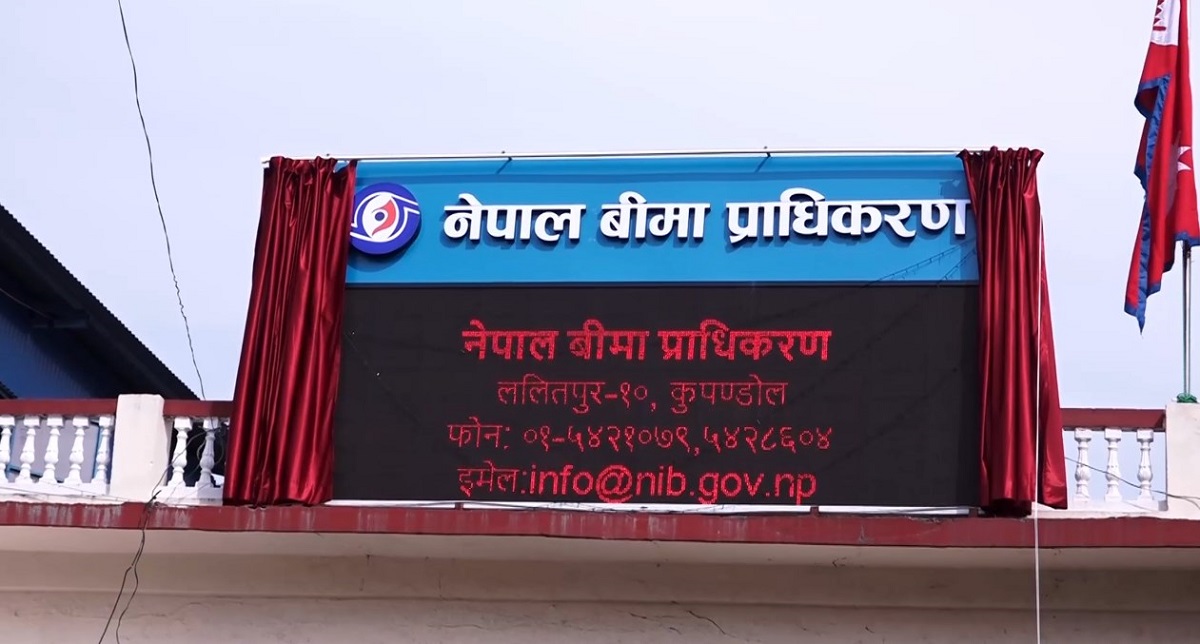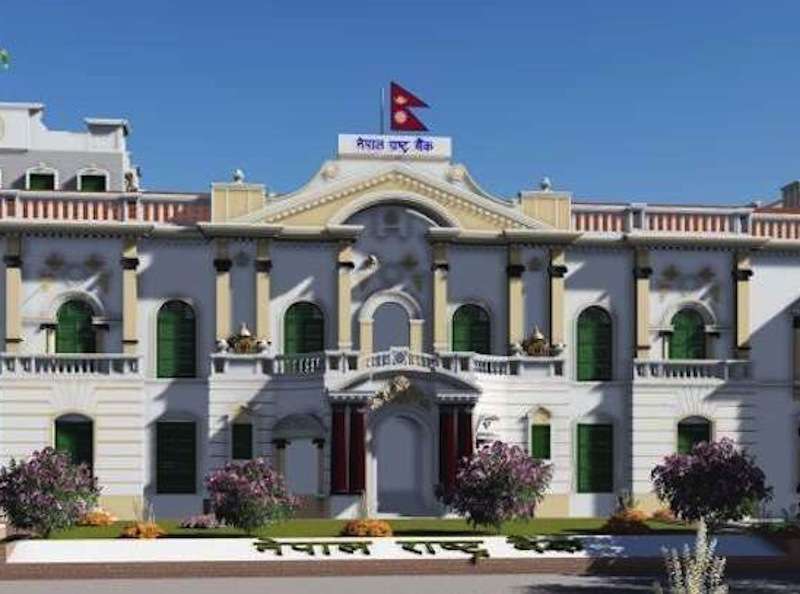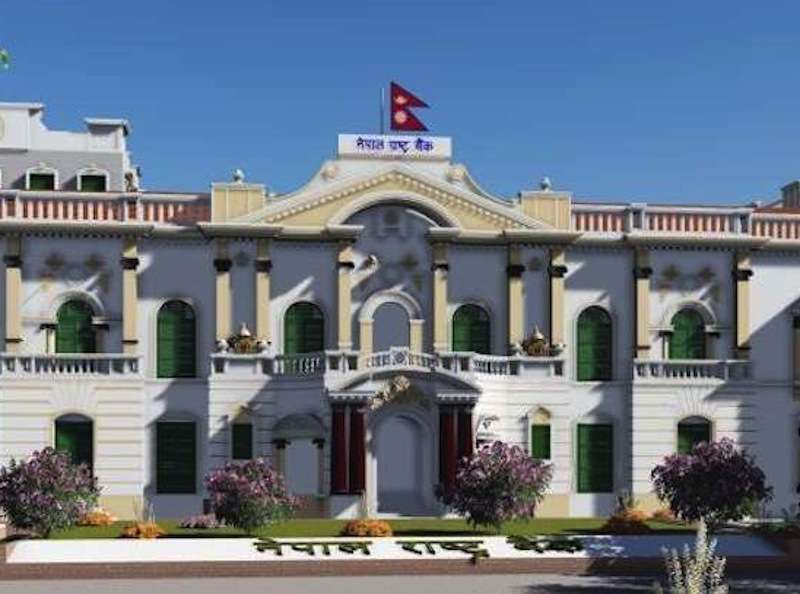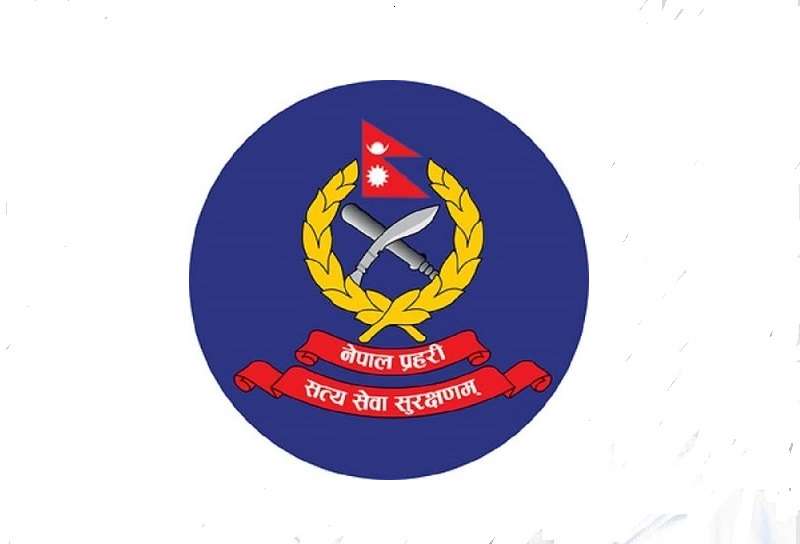The Securities Board of Nepal (SEBON) has unveiled its annual policy and program for the fiscal year 2025/26, introducing plans to allow Non-Resident Nepalis (NRNs) to trade shares in the secondary market.
The policy, made public on Tuesday, states that NRNs holding Non-Resident Nepali citizenship will be granted easier access to securities trading. This aligns with the current fiscal year’s budget announcement, which also has provisions to enable NRNs to participate in the secondary market.
SEBON had highlighted this initiative as a priority in its past policies as well.
In addition, SEBON has proposed legal provisions to allow the Employees Provident Fund (EPF), Citizen Investment Trust (CIT), and Social Security Fund (SSF) to invest in private equity and venture capital.
The board has also announced that private equity and venture capital funds will be permitted to exit their investments more easily by selling the shares they hold after the investment term ends. To further support these funds, SEBON plans to increase the lock-in period for securities under their ownership from the current one year to two years, starting from the date of public issuance and allocation.
Additionally, SEBON will reduce fund management fees, as well as registration and issuance fees for private equity and venture capital firms, by 50 percent.
The board expects these measures will ease fund management and attract more investments into private equity and venture capital markets.











